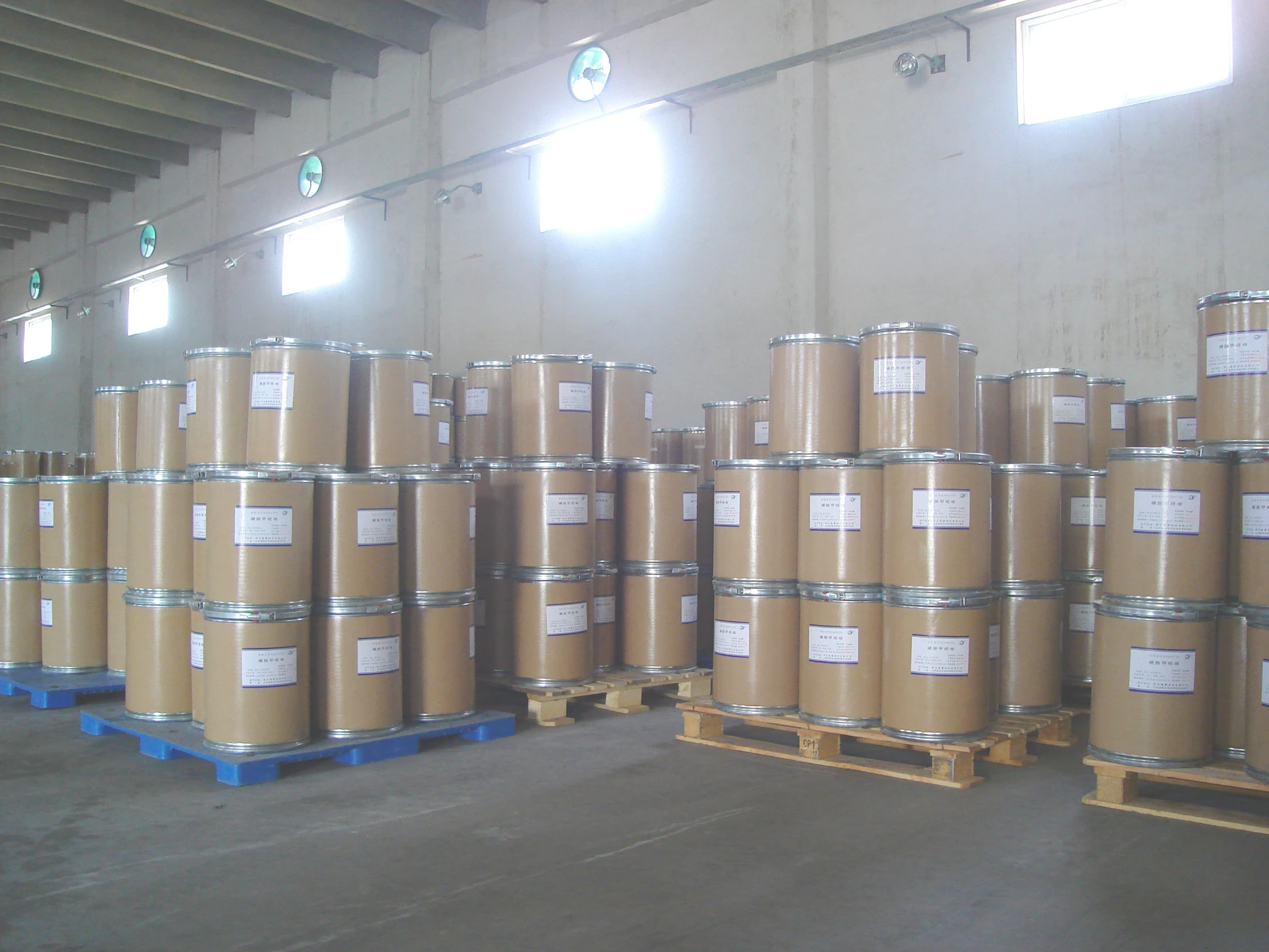chemical treatment of wastewater is done to
Chemical treatment of wastewater stands as a pivotal process in ensuring that both domestic and industrial effluents are safely returned to the environment. With our planet facing increasing challenges of water scarcity and pollution, understanding and implementing effective wastewater treatment methodologies has never been more critical.
In recent years, significant advancements have been made in the chemical treatment of wastewater, allowing for more efficient, cost-effective, and environmentally friendly processes. This article unfolds these advancements and discusses the transformative impact they have on the wastewater treatment landscape.
Chemical treatment involves the use of various chemicals to remove pollutants from wastewater. The primary aim is to eliminate the hazardous effects of pollutants before discharging the treated water back into the environment. This process can neutralize pollutants, precipitate out metals, break down organic pollutants, and disinfect pathogenic bacteria.
One of the recent innovations in the chemical treatment of wastewater is the adoption of advanced oxidation processes (AOPs). These processes involve the generation of highly reactive species like hydroxyl radicals that can effectively degrade a wide range of organic pollutants. AOPs provide a viable solution for wastewater laden with recalcitrant contaminants, which are typically resistant to conventional treatments. With companies investing in research and development, more efficient catalysts and energy sources are being explored, enhancing the efficacy of AOPs.
Another significant development is the increased use of coagulants and flocculants derived from natural sources. Traditionally, chemical coagulants such as alum and iron salts have been popular in aggregating suspended particles in wastewater. However, concerns over sludge production and potential toxicity have led to a surge in the use of biopolymers like chitosan, sourced from natural materials, which offer a more sustainable alternative. Studies have shown that these biopolymers not only reduce sludge production but also demonstrate excellent efficacy in removing turbidity and color from wastewater.
The integration of electrochemical treatment methods into chemical processes has also gained traction. Electrocoagulation, for example, uses electrical currents to remove impurities without the need for additional chemical inputs. This method is increasingly appreciated for its efficiency in treating wastewater with high concentrations of heavy metals and organic compounds. As technology improves, electrochemical treatments offer a promising option for industries seeking to minimize chemical use and lower their environmental footprint.chemical treatment of wastewater is done to
Moreover, the development of smart water treatment systems is changing how chemical treatment is deployed. These systems, equipped with real-time monitoring sensors and data analytics, allow for precise dosing of chemicals, maximizing efficiency and reducing waste. By leveraging IoT and AI technologies, companies can optimize treatment processes, ensuring water quality standards are consistently met while minimizing operational costs.
The reliability and success of chemical treatment methods in wastewater management also heavily depend on comprehensive monitoring and maintenance practices. Regular assessment of water quality parameters and chemical dosages ensures that treatment processes remain effective. Proactive maintenance schedules and staff training can prevent operational hiccups and extend the lifespan of treatment facilities, ensuring compliance with regulatory standards.
As the global focus on environmental sustainability intensifies, wastewater treatment facilities are under constant pressure to enhance their operational effectiveness while reducing environmental impact. Investment in research and product development, particularly toward more sustainable and less hazardous chemical substitutes, forms a key strategy in future-proofing chemical treatment methods.
The efficacy of chemical treatment in wastewater management also intersects significantly with policy frameworks. Regulations at both local and international levels continuously influence how wastewater is treated, pushing for more stringent standards and encouraging the adoption of eco-friendly chemicals. Industry leaders are increasingly collaborating with regulators and researchers to develop frameworks that not only enhance water safety but also promote sustainable industrial practices.
In conclusion, the chemical treatment of wastewater represents a crucial component in the global effort to manage water resources sustainably. By embracing advanced techniques, leveraging natural and safer chemical alternatives, and integrating sophisticated monitoring technologies, the future of chemical wastewater treatment looks promising and aligned with global sustainability goals. Stakeholders from across the industry—from researchers and regulators to technology developers and plant operators—are playing vital roles in advancing this essential field, demonstrating a shared commitment to water conservation and environmental protection.
More product recommendations



